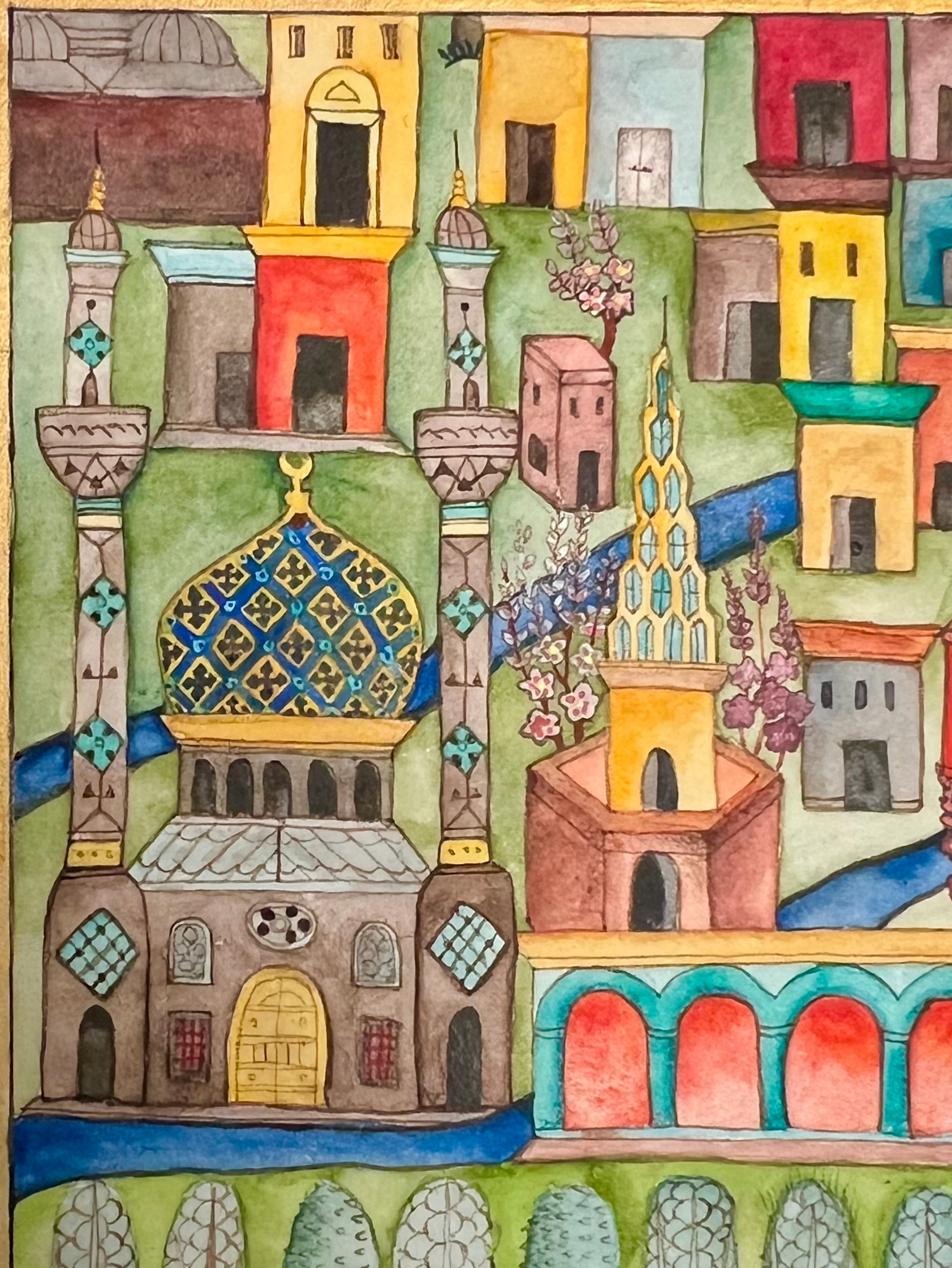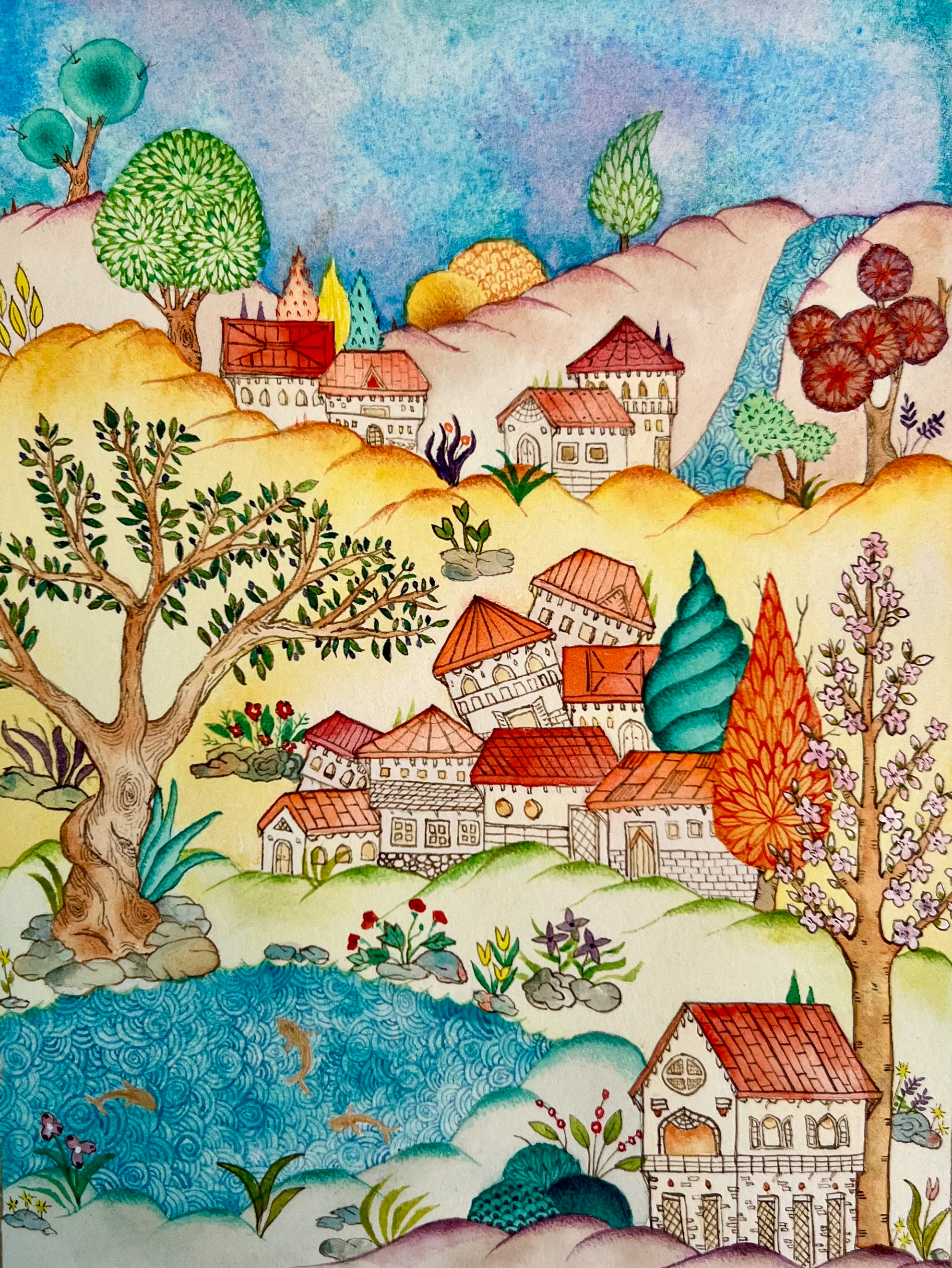situated thinking
As an educator in higher education, my goal is to help students from diverse backgrounds be generous towards themselves, their surroundings, and different forms of lives they cannot fully grasp. I believe students can achieve this goal as they situate their own social, cultural, and historical contexts within a comparative framework.
In the classroom, I train students to read, think, and write from their situated perspectives, rather than striving for an “objective” stance. This approach helps students recognize their own partiality and fosters respect for diverse perspectives and ways of life. For instance, when I taught “Self, Culture, Society,” a collegiate core course at the University of Chicago, I asked students in the first class to identify the most pressing social problem today and explain why they prioritized it. This exercise highlighted the diverse nature of the student body in the classroom while also revealing potential areas of shared concern. I emphasized that their reasoning mirrors the motivation behind social theory, then used this as a foundation for connecting theoretical readings to concrete problems students observe and experience. In this way, I support students of different backgrounds to reflect on how their own perspectives and experiences shape their reading and learning, and I often bring my experiences as an international scholar and woman of color into those contexts. I find incorporating global and comparative perspectives based on lived experiences conducive to fostering an environment where diverse perspectives enrich collective understanding, and I will continue my effort to teach situated thinking in my future classes.
Outside the classroom, I am deeply interested in fostering international dialogues that expand the boundaries of situated knowledge production beyond U.S.-centric frameworks. My intellectual trajectory as a diasporic anthropologist—training in the U.S., conducting research in Turkey, and growing up in South Korea—has allowed me to reflect on the enduring stereotypes that confine scholars from the "non-West" to studying their "country of origin," implying they are more suited to analyze their own cultural contexts. Drawing on this experience, I am dedicated to creating forums where anthropologists of varying trajectories can exchange ideas on how to work against and with these stereotypes to decenter U.S.-based frameworks in social scientific knowledge production. I believe my training in the anthropology of Islam—a field driven by the need for more nuanced cross-cultural translation, a key element of theorizing from the Global South—will be instrumental in establishing such spaces.
INTERDISCIPLINARY/MULTIDISCIPLINARY CONVERSATIONS
Through competitive university fellowships such as the Pozen Fellowship for Human Rights, the Center for International Social Science Research, and the Martin Marty Fellowship for Religious Studies, I have gained extensive experience communicating anthropological insights to diverse scholarly audiences. This interdisciplinary training will be a great asset in collaborating with faculty across fields and interdisciplinary centers such as the Arkansas Humanities Center. I am eager to take part in institution-building projects at multiple scales across campus. I also plan to expand my capacity to share my research findings on the persistence of social relations amid polarization with broader audiences through public talks and community engagement. By bridging academic and public conversations, I hope to contribute both to scholarship and to the University’s mission of building a better world through education, research, and outreach.


